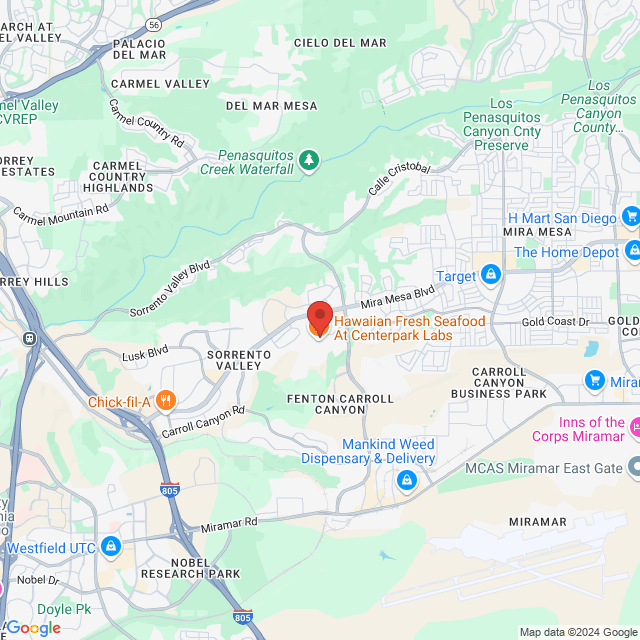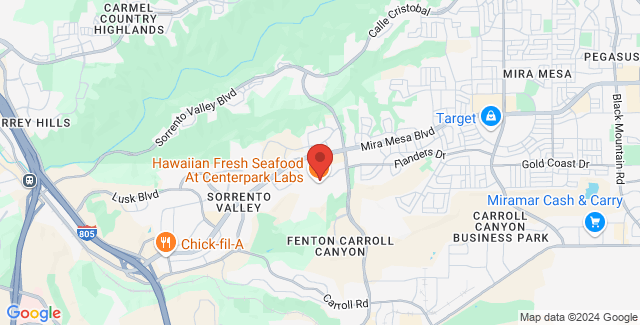Fluoroquinolone Antibiotics May Be Causing Peripheral Neuropathy
Many patients who were prescribed fluoroquinolone antibiotics experienced peripheral neuropathy following treatment. Fluoroquinolones are the most widely prescribed class of antibiotics, as they can treat a variety of bacterial infections. Doctors frequently recommend this type of medication to treat urinary tract infections (UTIs), respiratory infections, and infections of the gastrointestinal tract. Although these antibiotics are still used today, they have been linked to some dangerous side effects in recent years, including peripheral neuropathy, tendon rupture, and aortic dissection or aneurysm.

Risks of peripheral neuropathy came to light through scientific studies and the U.S. Food and Drug Administration (FDA) began requiring all fluoroquinolone medications to carry warnings about nerve damage in 2013. Thousands of lawsuits have already been filed against the manufacturers of Cipro®, Levaquin®, and Avelox®, many involving claims of peripheral neuropathy. If you or a loved one has suffered nerve damage after taking a fluoroquinolone antibiotic, contact a pharmaceutical attorney for a complimentary case evaluation and to learn about the current status of the litigation.
What is Peripheral Neuropathy?
Peripheral neuropathy is a result of damage to the peripheral nerves, which can cause tingling, numbness, or pain in the extremities, among other complications. The condition is a known side effect of many medications, including fluoroquinolone antibiotics and certain chemotherapy drugs, but it has also been linked to alcoholism, diabetes, and certain autoimmune diseases such as rheumatoid arthritis and Guillain-Barre Syndrome.
Thousands of lawsuits have already been filed against the manufacturers of Cipro®, Levaquin®, and Avelox®, many involving claims of peripheral neuropathy.
The peripheral nervous system is comprised of a network of nerves that perform a variety of different functions. The sensory nerves receive sensory information from the skin and transmit it to the brain and spinal cord. Motor nerves coordinate movement throughout the body, and the autonomic nerves control involuntary actions, such as heart rate, respiration, and digestion.
Symptoms of Peripheral Neuropathy
Symptoms of peripheral neuropathy can vary greatly, depending on the specific nerves have been damaged. In cases that involve damage to the sensory nerves, symptoms may include:
- Paresthesia, or a tingling, prickling, or burning sensation in the limbs
- Shooting or stabbing severe pain in the limbs
- Numbness that spreads from the fingers or toes
- Extreme sensitivity to touch
- Trouble sensing temperatures or feeling certain textures
When the condition affects the motor nerves, symptoms may include:
- Lack of muscle coordination
- Difficulty walking
- Difficulty standing, walking, or falling frequently
- Weakness or even paralysis in certain muscles

If you have been injured by a defective drug, Speak with an Attorney
Damage to the autonomous system may present other troubling symptoms, including:
- Profuse sweating or an inability to sweat
- Intolerance to heat
- Issues with digestion, bowel movements, and bladder function
- Significant increase or decrease in blood pressure, resulting in feeling dizzy or lightheaded
- Changes in heart rate
Treating Peripheral Neuropathy
Peripheral neuropathy caused by fluoroquinolone medications is typically permanent. The goal of treatment for nerve damage is to help manage and improve the symptoms that patients may experience. Because the damage is irreversible, patients and their families are left to face a lifetime of medications, revision surgeries, and ongoing physical and emotional therapy.
Opiates
Pain relievers such as opiates are prescribed for moderate to severe symptoms of sharp, stabbing, or shooting pain. Prescription painkillers containing tramadol or oxycodone are some of the most commonly prescribed medications for patients suffering from the severe pain associated with nerve damage. Unfortunately, such medications also carry a high rate of dependency and addiction, so doctors must closely monitor patients. Patients who do become addicted to such medications may require alternative medications and rehabilitation therapy.
Antidepressants
Antidepressants are another common treatment for pain relief from peripheral neuropathy. An antidepressant can provide relief by inhibiting the chemicals in the central nervous system that are used to interpret sensations of pain. Commonly prescribed antidepressants include amitriptyline, doxepin, and nortriptyline. Peripheral neuropathy can also cause severe depression in patients struggling to cope with such a dire prognosis. These patients may require extensive psychological therapy, and may be prescribed these medications to assist in alleviating their depression.
Physical Therapy
Physical therapy is another common treatment for patients suffering from peripheral neuropathy that affects the motor nerves. Physical therapy can help improve muscle movement in patients suffering from myopathy. Even with physical therapy, however, most patients are unlikely to regain full control and strength of the affected muscles.
Complications Associated with Peripheral Neuropathy
Due to an inability to feel changes in temperature or pain, patients with peripheral neuropathy are at an increased risk of suffering from severe burns or frostbite, in addition to other skin trauma. Patients who cannot feel an injury because of nerve damage are at an increased risk for infections and other complications. Patients who suffer from muscle weakness or loss of sensation in the feet or legs are more prone to accidents such as falling, which can result in sprained or broken bones, muscle damage, and head or spine trauma.
Fluoroquinolone antibiotics have been linked to a number of other serious side effects and complications, including aortic dissection and aneurysm.
Fluoroquinolone antibiotics have been linked to a number of other serious side effects and complications, including aortic dissection and aneurysm, which can cause heart attacks or strokes. Fluoroquinolones patients have also experienced a higher incidence of tendon ruptures, commonly affecting the Achilles tendon.
Schedule a Consultation
If you or a loved one has suffered from peripheral neuropathy after taking a fluoroquinolone antibiotic such as Cipro®, Levaquin®, or Avelox®, contact a dangerous drug attorney today to schedule a complimentary case evaluation. You may be entitled to compensation for your medical expenses and diminished earning capacity, as well as your physical and emotional suffering.




